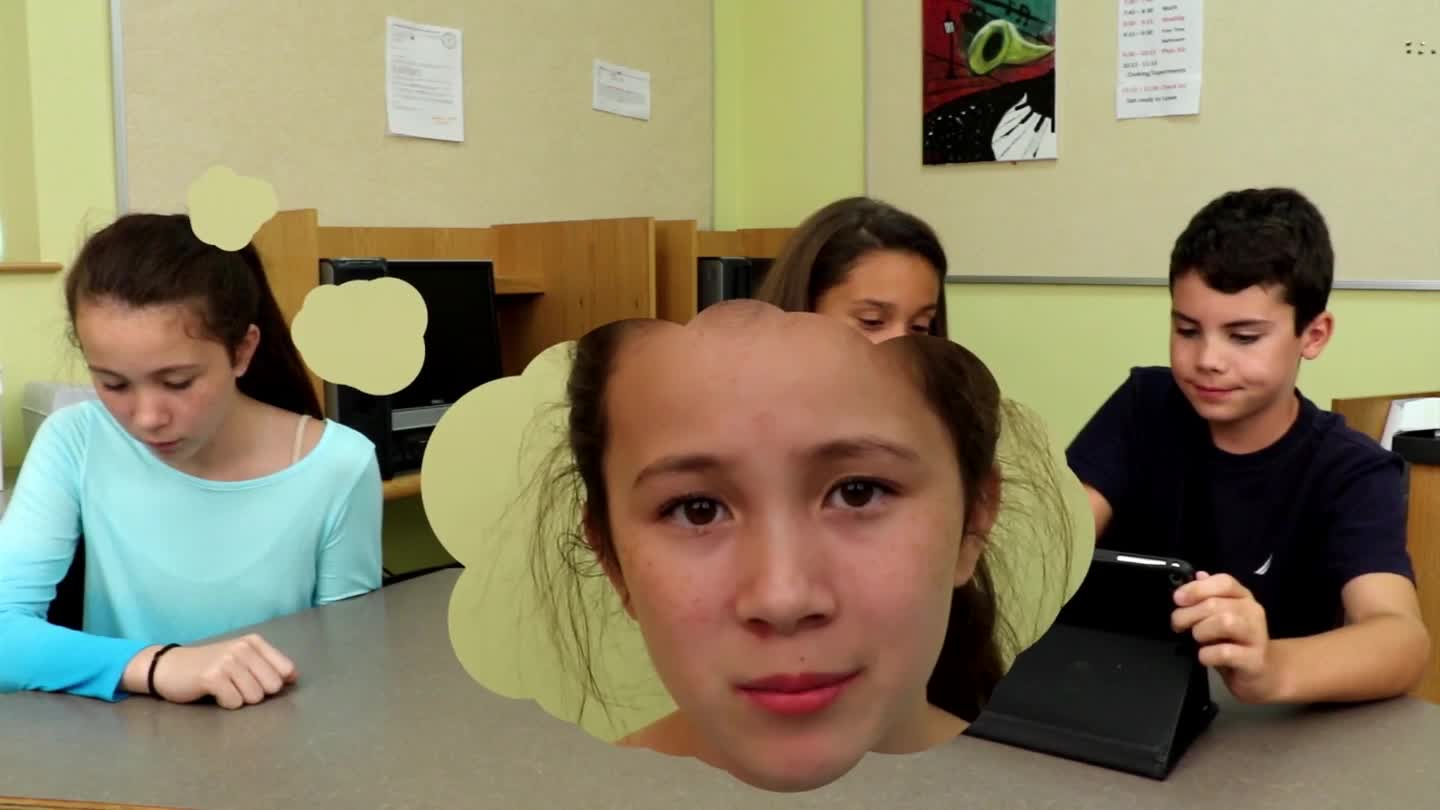Introduction
Teaching young children the importance of taking turns is essential in fostering positive social-emotional development. When children learn to share and take turns, they develop empathy and understanding towards others. This blog post will discuss an easy, no-prep activity to help educators teach PreK students the concept of taking turns, along with discussion questions and related skills to further enhance their learning experience.
No-Prep Activity
This simple activity requires no preparation or materials and can be easily implemented in any classroom or play setting. The activity is called “Pass the Clap.” Gather the students in a circle, either sitting or standing. The educator begins by clapping their hands once and then passing the clap to the student on their left. The student claps their hands once and passes the clap to the next student. The process continues until every student has had a turn to clap and pass it on.
During the activity, emphasize the importance of waiting for their turn and observing their classmates take turns. If necessary, remind students to be patient and that everyone will get a chance to participate. This activity helps students understand the concept of taking turns and being considerate of others in a fun and engaging way.
Discussion Questions
- How did it feel when it was your turn to clap and pass it on? How did it feel when you had to wait for your turn?
- Why is it important to take turns when playing with others? How does it make others feel when they don’t get a turn?
- Can you think of a time when you didn’t get a turn during a game or activity? How did that make you feel?
- What can you do to make sure everyone gets a turn when you’re playing with a group?
- How can taking turns help us build better friendships and connections with others?
Related Skills
Besides understanding the importance of taking turns, there are other relevant skills that students should develop as part of their social-emotional learning journey. These include:
- Sharing: Learning to share toys, materials, and space with others is a crucial skill for young children.
- Active Listening: Developing the ability to listen and pay attention to what others are saying promotes better communication and understanding.
- Empathy: Learning to put themselves in others’ shoes and understand their feelings can help children build stronger relationships.
- Cooperation: Working together with others towards a common goal is an essential skill for successful group interactions.
- Respect: Treating others with kindness and considering their feelings and needs is a valuable lesson for young learners.
Next Steps
Now that you have learned about this simple activity and the importance of taking turns, it’s time to put these ideas into practice with your students. To explore more activities and resources for teaching social-emotional learning skills, we invite you to sign up for free sample materials from Everyday Speech. These resources will provide you with valuable tools to help your students develop essential life skills and foster positive relationships with their peers.






